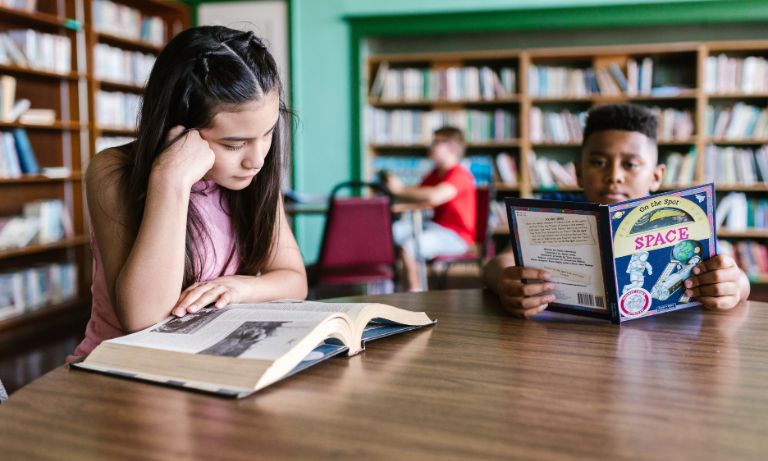For a primary school student, the simple act of reading can feel like just another task on the list. But for a child, it’s so much more. Reading is a gateway to new worlds, a tool for understanding complex emotions, and a fundamental skill that underpins all academic success. As parents and educators, fostering lifelong reading habits is one of the most profound gifts we can give a child. It’s about moving beyond the ‘what’ and ‘when’ of reading and focusing on the ‘why’ and ‘how’ to make it a healthy, natural part of their daily routine.
With Australia’s rich tradition of storytelling and diverse culture, encouraging children to connect with books is a shared responsibility. The goal isn’t just to get them to read, but to help them cultivate healthy reading habits that they carry with them long after the school bells stop ringing.
Reading Habits: The Importance of Starting Early
Primary school is a formative period where children build the foundations of their learning. While reading instruction begins in early childhood, the primary years are when students make the leap from learning to read to reading to learn.
Frequent reading supports higher academic achievement, improved concentration, enriched vocabulary, and greater confidence in learning new skills. These habits can begin almost anywhere: at home before bed, in the classroom, or on family outings to the library. When reading is woven into everyday life and celebrated by families and schools, children view books as a valued, enjoyable part of growing up.
Notably, developing a routine around reading can also support broader social and emotional growth. Nurturing positive reading behaviours helps children build empathy and resilience, skills closely linked to social and emotional literacy.
When reading becomes a natural part of everyday life, it equips children with the tools they need not just for school, but for life.

Reading Activities for Kids
Building healthy reading habits is easiest with fun, interactive reading activities for kids. Consider starting with:
- Storytime Routine:Set aside a daily reading time, encourage kids to select books, and take turns reading aloud together.
- Library Adventures:Visit the local library and let children choose their own books, join story hours, or chat with librarians about recommendations.
- Creative Storytelling:Use puppets, draw story scenes, or role-play as characters to bring reading to life.
- Reading Challenges:Set monthly reading targets or experiment with new genres, making it a fun adventure with small rewards.
- Book Sharing:Promote book swaps and peer recommendations to build excitement and community around reading.
- Emotional Exploration:Select stories that reflect real-life situations, such as making friends or starting school, and discuss feelings together for deeper connection.
Overcoming Common Barriers to Reading
Not every child naturally takes to reading. Some may struggle with literacy skills, while others may be more drawn to screens or other forms of entertainment. Here are a few strategies for overcoming common barriers:
- Reluctant Readers: Introduce graphic novels, audiobooks, or high-interest topics to spark curiosity.
- Learning Difficulties: Use structured literacy programs, one-on-one support, or multisensory approaches to build skills gradually.
- Competing Distractions: Set screen-free times during the day to prioritise reading.
Patience, encouragement and creativity go a long way in supporting children who find reading more challenging.
When Reading Habits Become Unhealthy
While the importance of reading habits is clear, it’s also worth acknowledging that, like many activities, reading needs balance. Unhealthy reading habits can develop when reading is forced, obsessive, or used as an escape from reality in ways that interfere with daily life.
Here are some examples of unhealthy reading habits:
- Pressure to perform: When children feel they must always read faster or at a higher level than their peers, reading can become stressful rather than enjoyable.
- Avoidance behaviour: Some children may use books to withdraw completely from social interaction or responsibilities, leading to isolation.
- Excessive screen-based reading: While e-books and online texts have value, overuse can contribute to eye strain, reduced focus, or disrupted sleep if read late into the night.
Healthy reading habits are about enjoyment, variety, and balance. Encouraging children to mix independent reading with social activities, outdoor play, and creative pursuits helps ensure that books remain a positive part of their lifestyle.
The Role of Schools and Families
Creating lifelong readers requires a partnership between schools and families. Teachers provide structured opportunities, explicit instruction, and access to resources, while families reinforce habits through daily practice and encouragement at home.
When both environments value and support reading, children are far more likely to embrace it as a core part of their lives.

